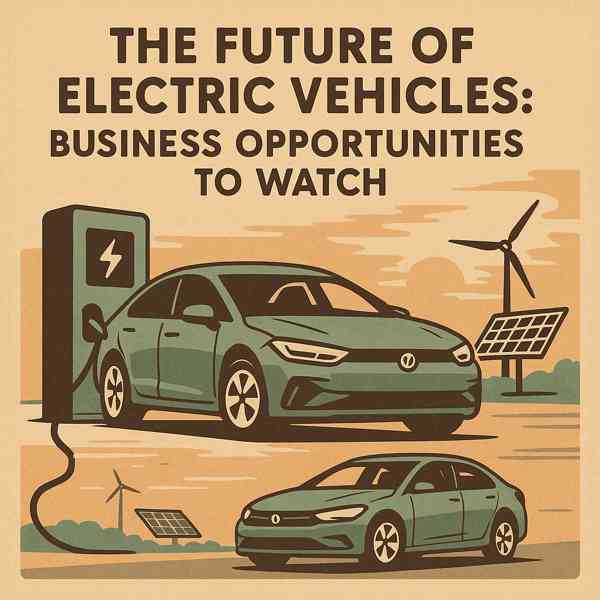Exploring Electric Vehicles: Why EVs Are Taking Over
Exploring Electric Vehicles: Why EVs Are Taking Over
Blog Article

With zero emissions and cutting-edge technology, EVs are quickly becoming a mainstream choice for personal and commercial travel.
From compact cars and SUVs to trucks and motorcycles, EVs are available in more models than ever.
Understanding EVs
Electric vehicles are powered entirely by rechargeable batteries, rather than traditional internal combustion engines.
Key components of EVs include:
- Electric motor
- Usually lithium-ion or solid-state
- Controls efficiency and output
- Allows the vehicle to recharge from external sources
Electric vehicles come in various types, such as plug-in hybrids (PHEVs)—each with different levels of electrification.
Benefits of Electric Vehicles
Whether you're looking to save money or reduce emissions, EVs offer a compelling option.
Major benefits include:
- Reduced maintenance needs
- No tailpipe emissions
- Better overall driving comfort
- Financial perks for EV buyers
For eco-conscious and cost-aware drivers, electric vehicles are an increasingly responsible choice.
What to Know Before Buying an EV
Despite the growing popularity of EVs, they still face some issues that buyers should consider.
Common concerns include:
- May require more frequent charging
- Not all areas have adequate public chargers
- Higher initial cost
- Batteries degrade over time
As technology advances and infrastructure improves, many of these challenges are becoming easier to manage.
Different Kinds of EVs on the Market
Not all electric vehicles are the same.
Main types of EVs include:
- Fully electric with no gas engine
- Plug-in Hybrid Electric Vehicles (PHEVs)
- Combines electric and gas power but cannot plug in
- Emit only water vapor
Each type has its pros and cons, so buyers should understand the differences.
Understanding Charging Options
Charging an electric vehicle is simple once you understand your options.
How EVs get recharged:
- Level 1 Charging
- 240V outlet at home or public stations
- Can charge 80% in under an hour
- Wireless or inductive charging (emerging tech)
As public charging networks expand, EV owners will enjoy even more accessibility and peace of mind.
The Future of Electric Vehicles
Electric vehicles are here to stay.
Next-generation EV developments:
- Solid-state battery technology
- Using EVs to support the power grid
- Combining EV tech with self-driving systems
- Making EVs accessible to all drivers
As innovation continues, EVs will become more efficient, check here affordable, and widespread.
Final Thoughts on Electric Vehicles
Electric vehicles represent a major shift in how we think about mobility.
The future is electric—are you ready to plug in?
Report this page